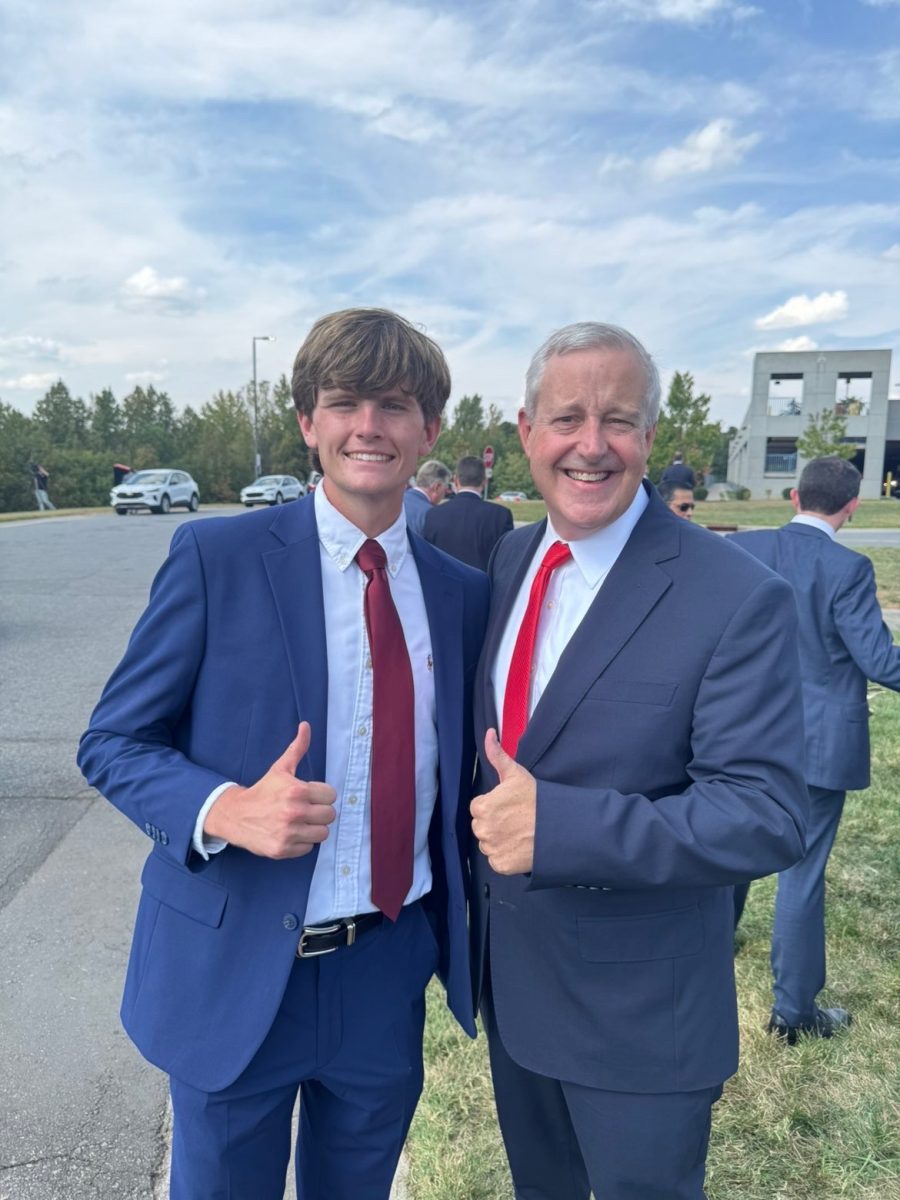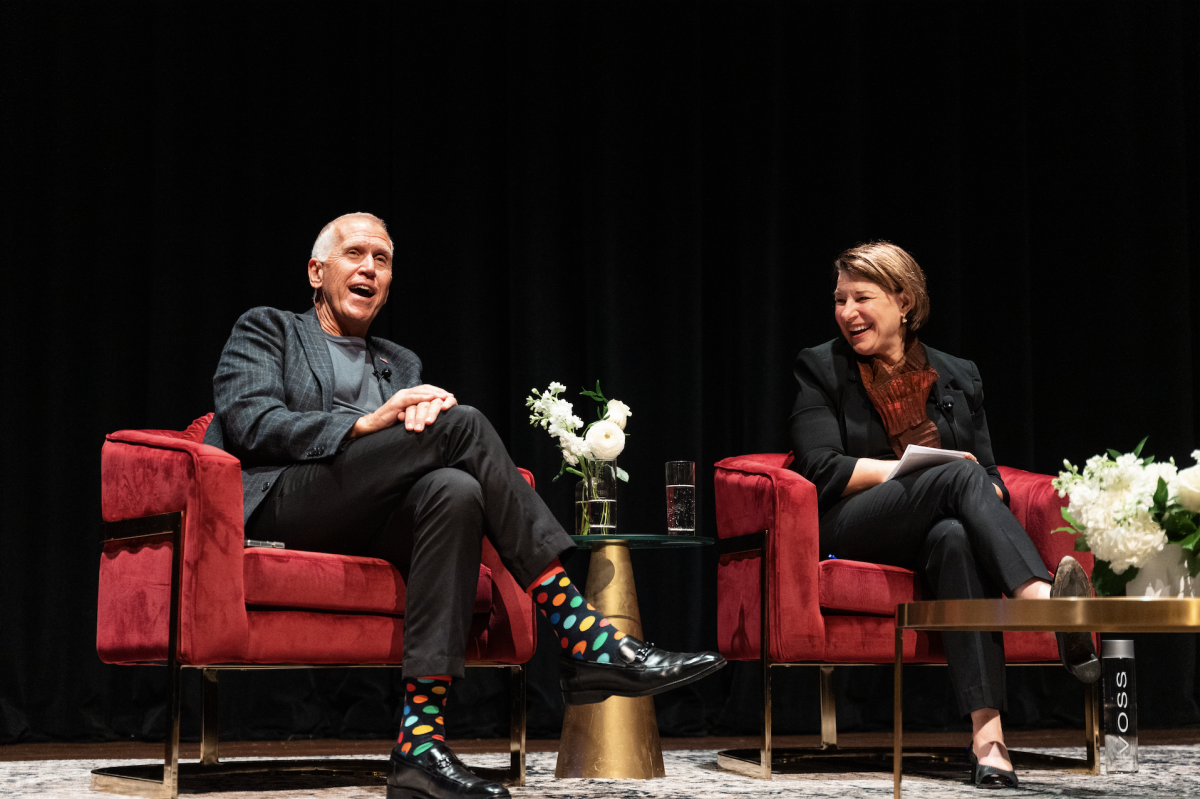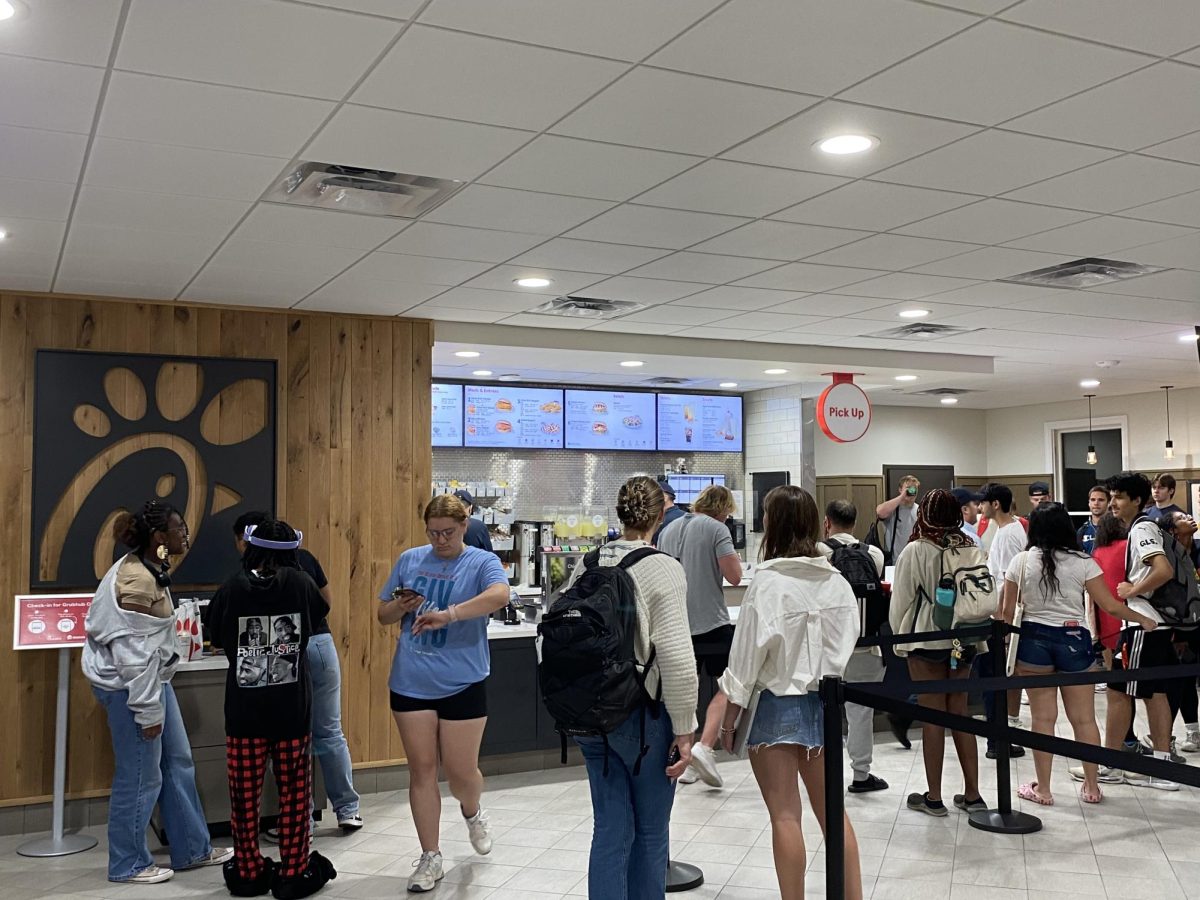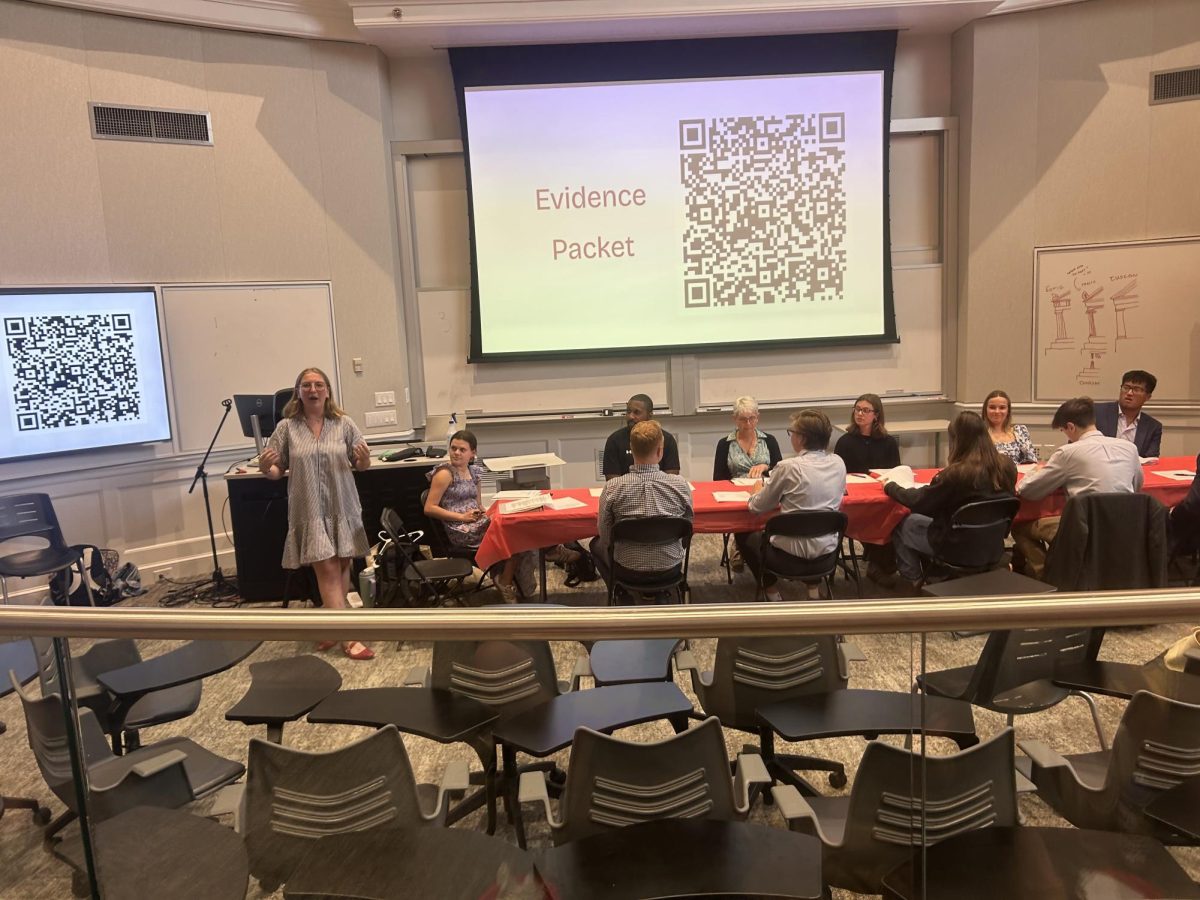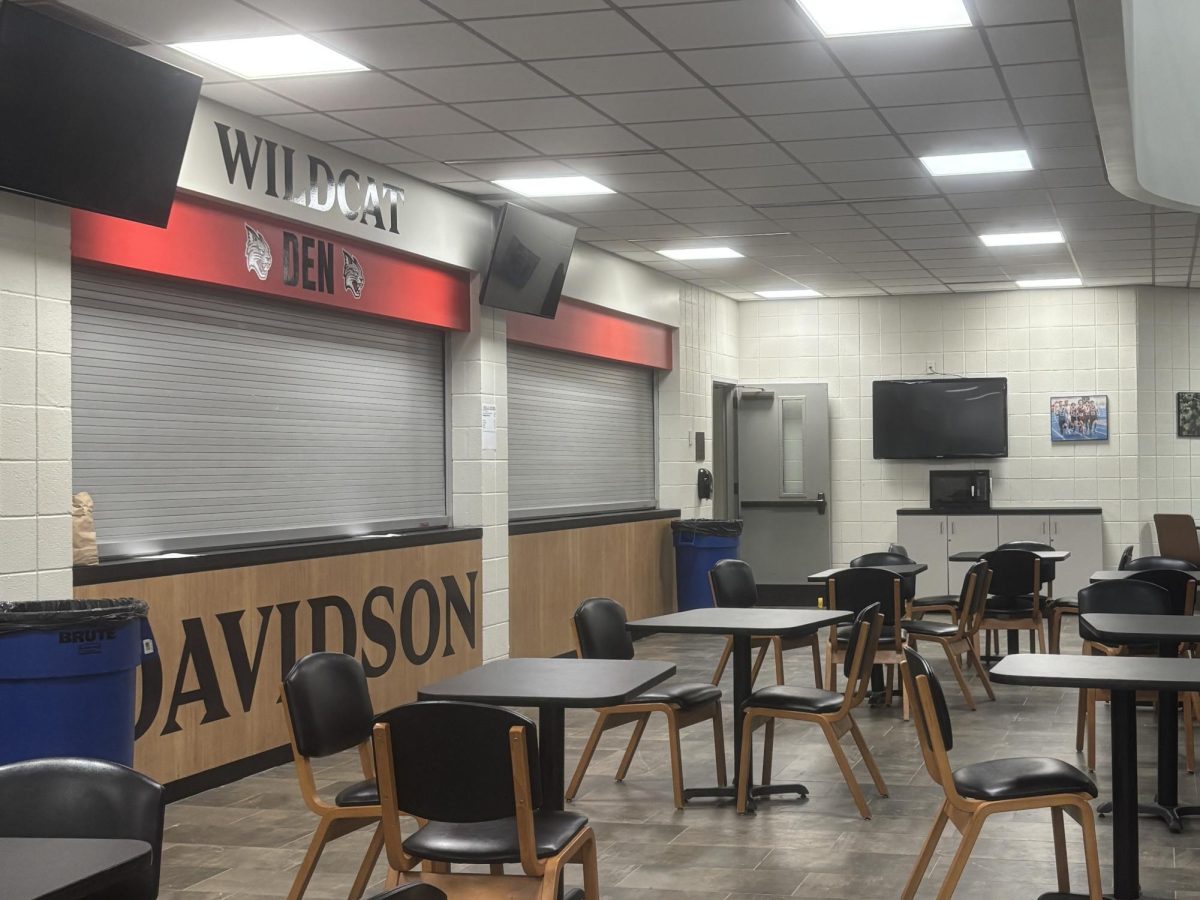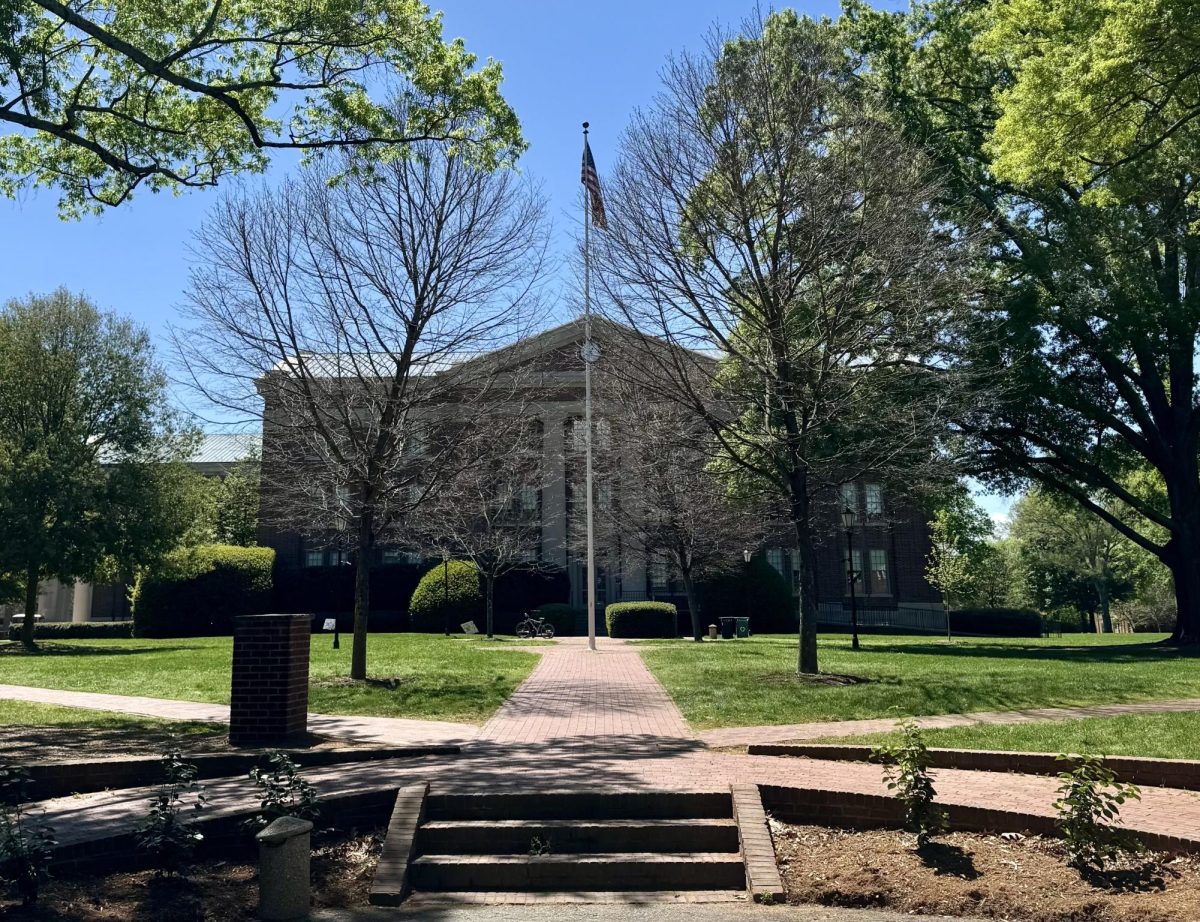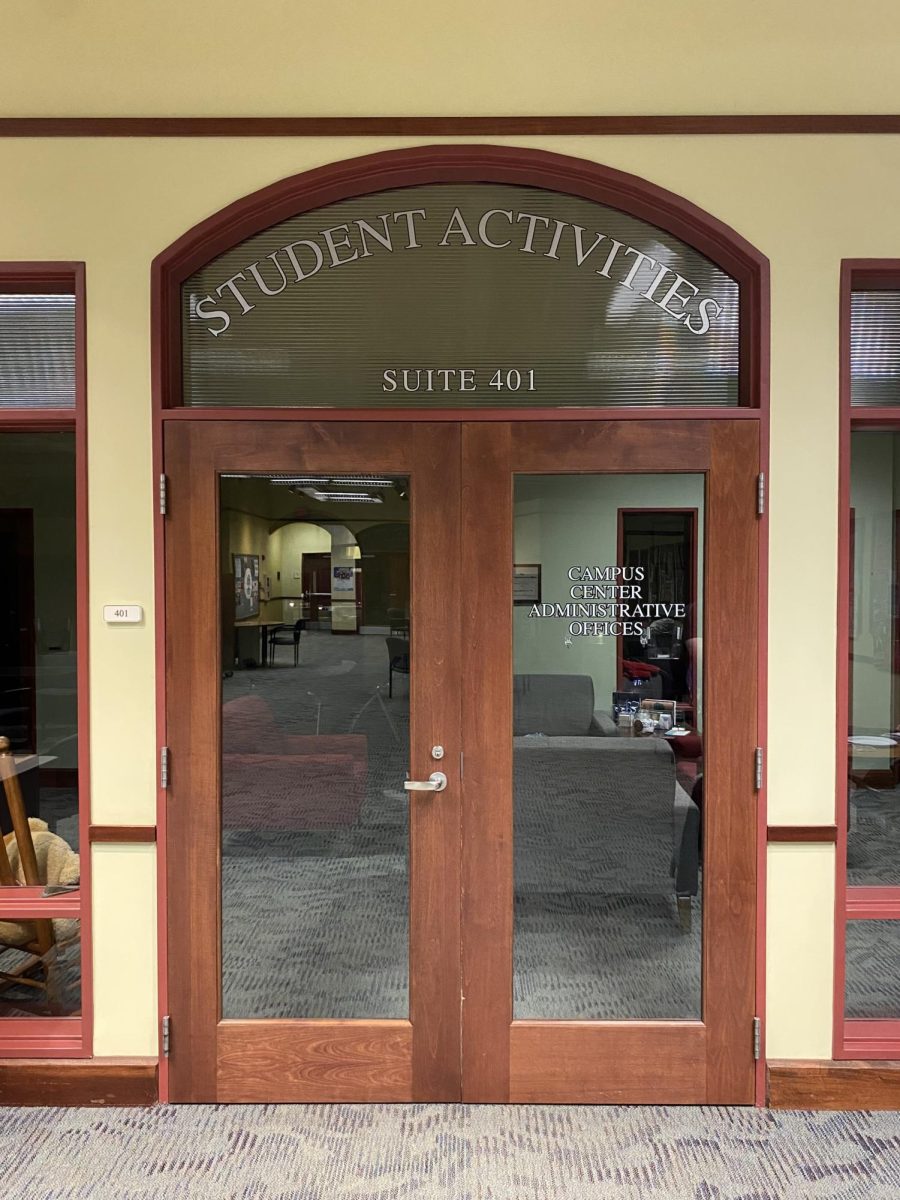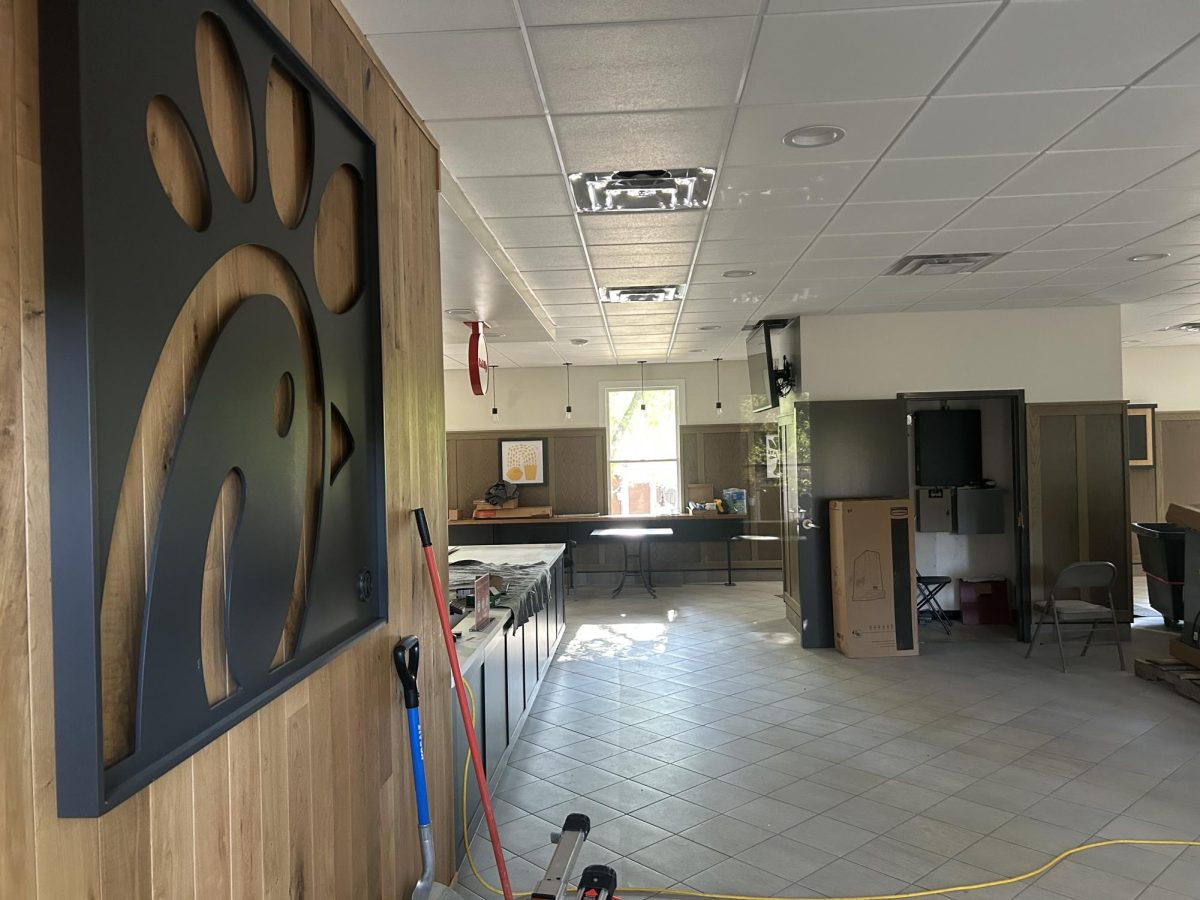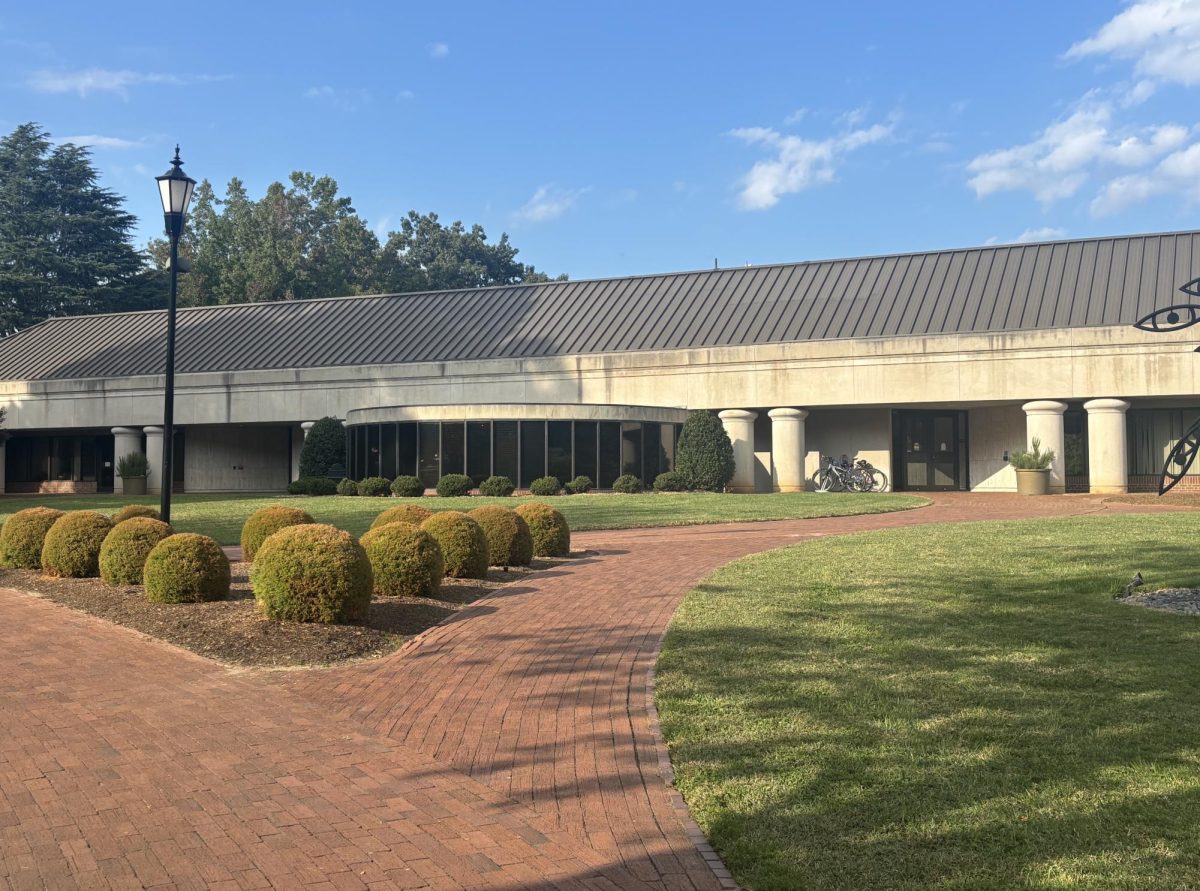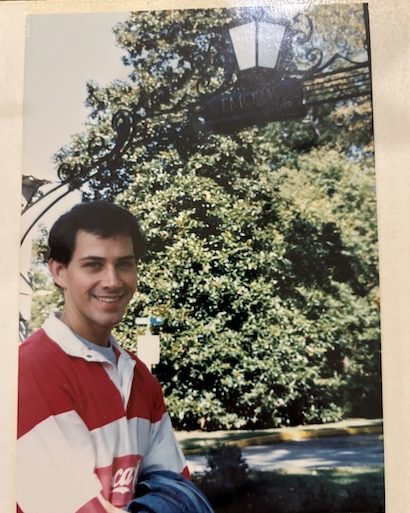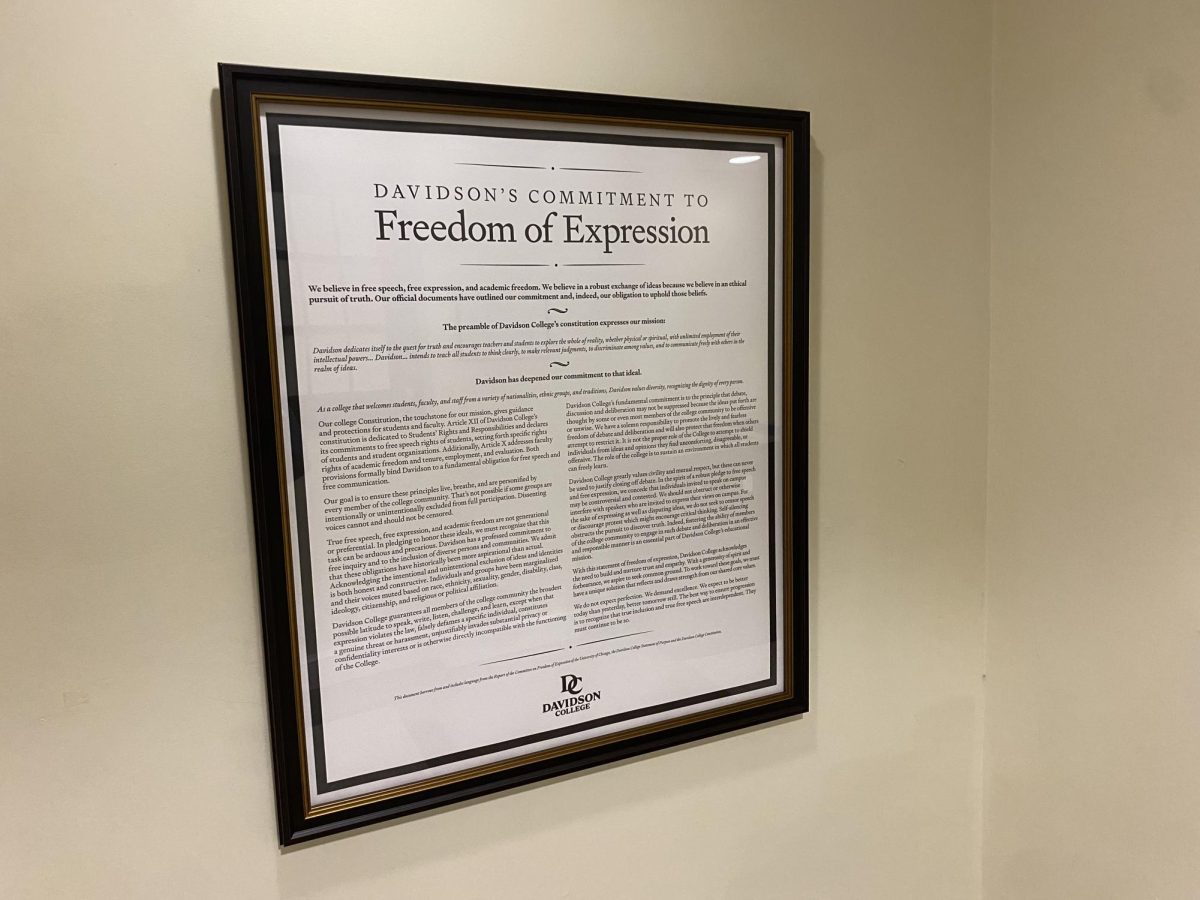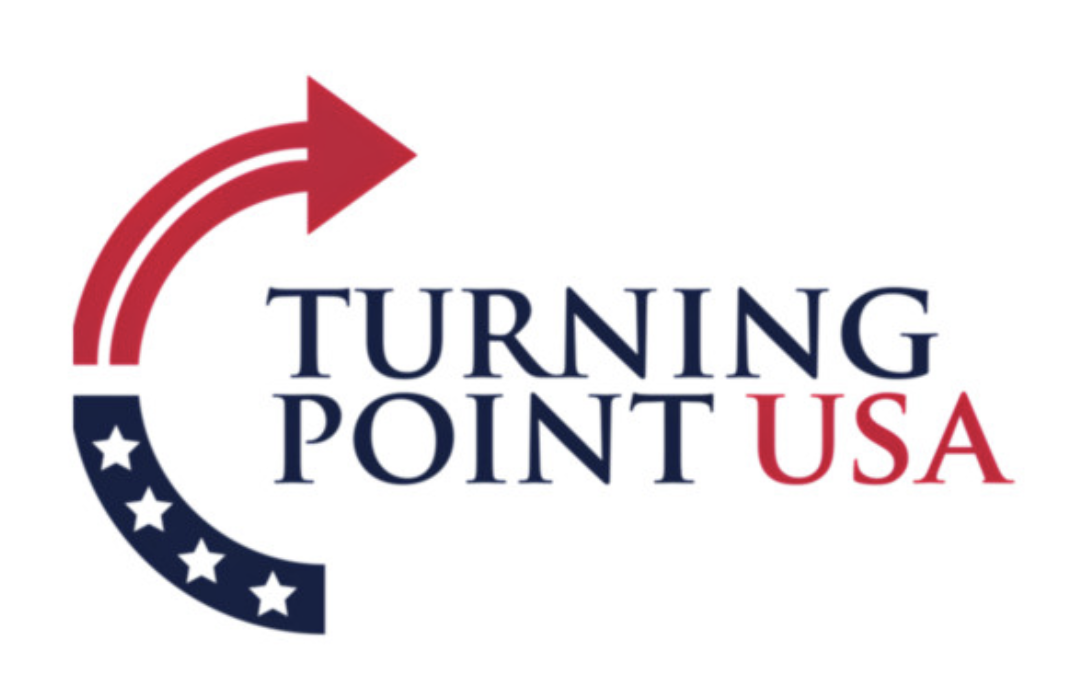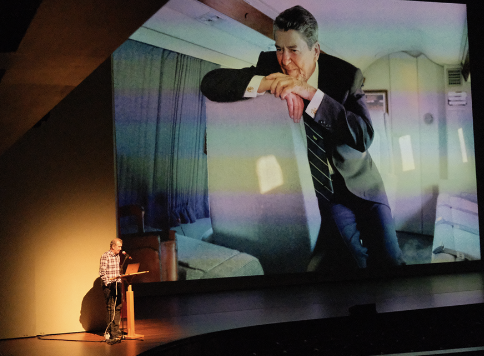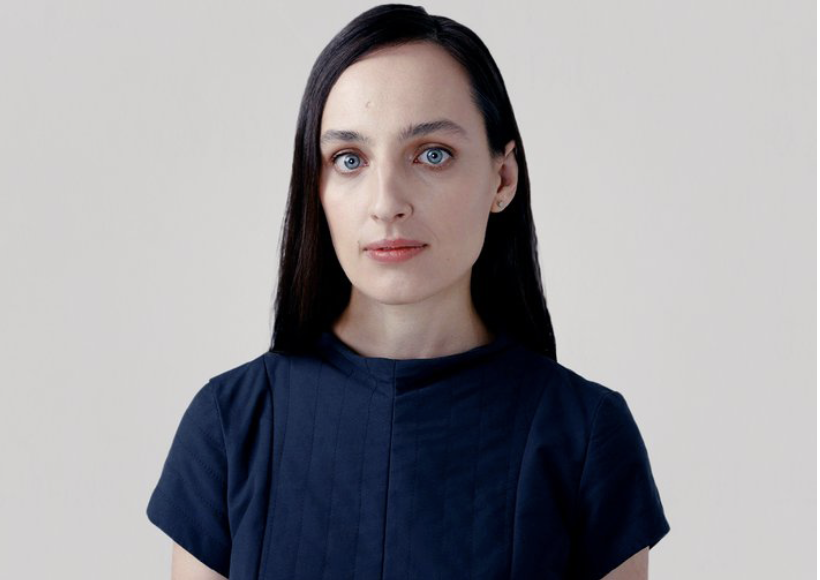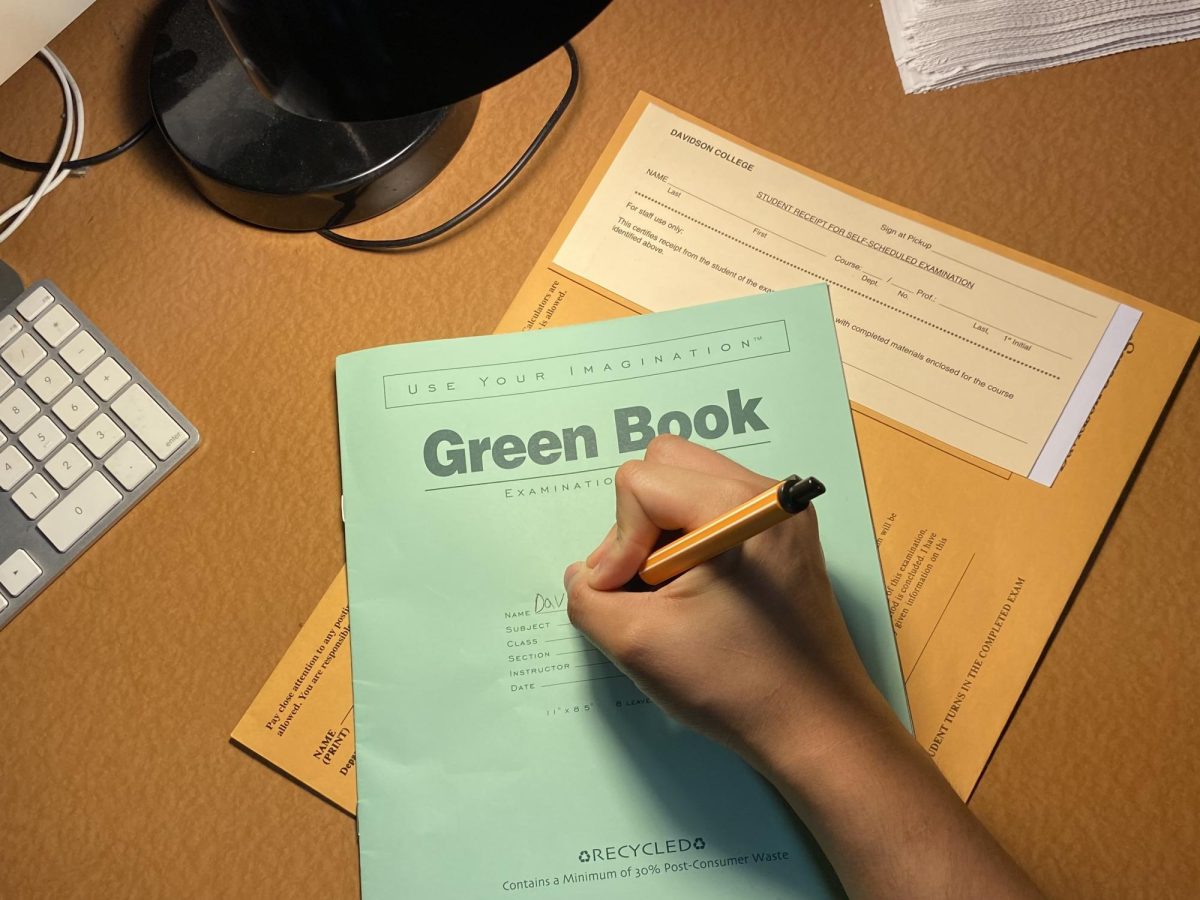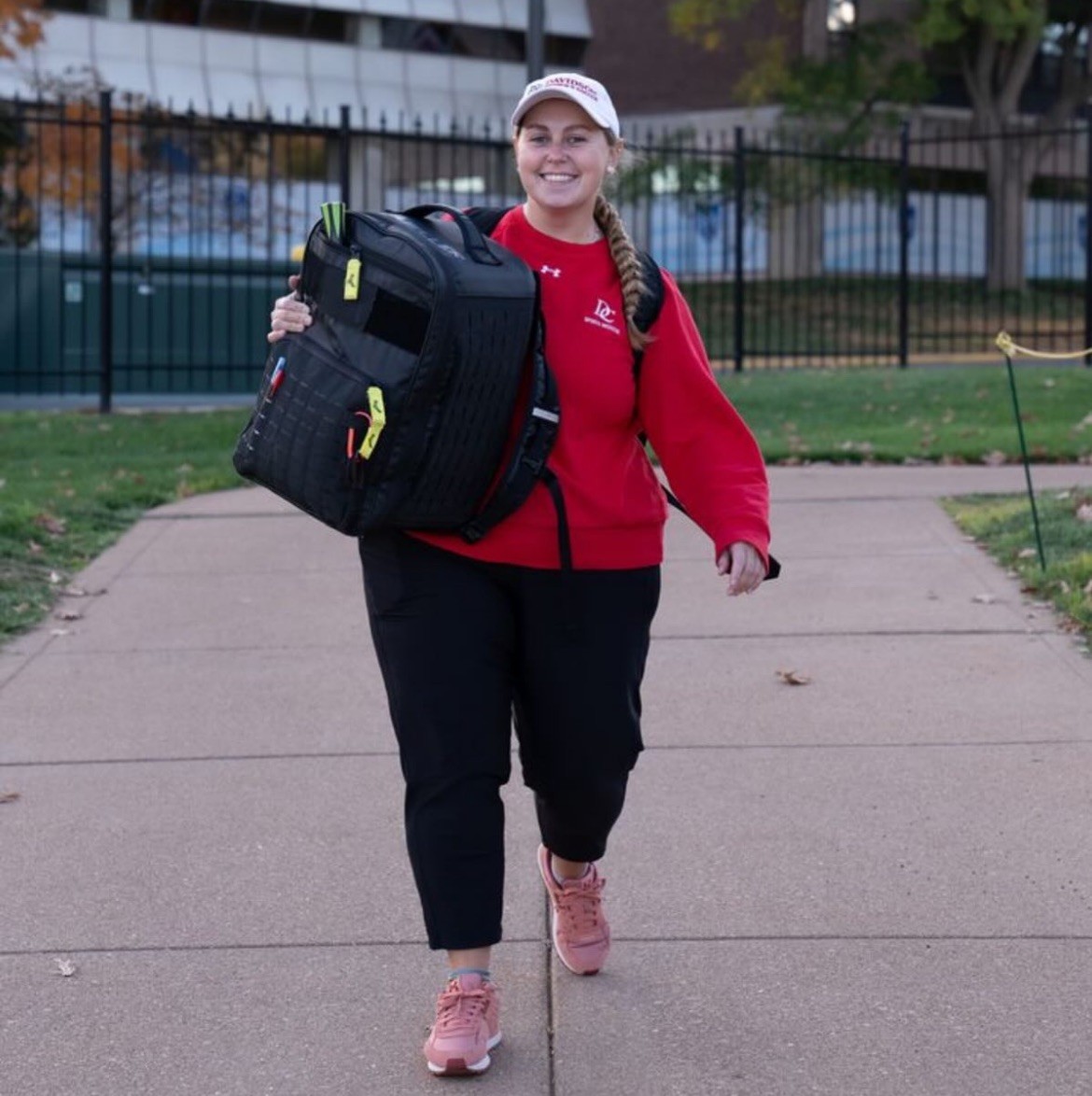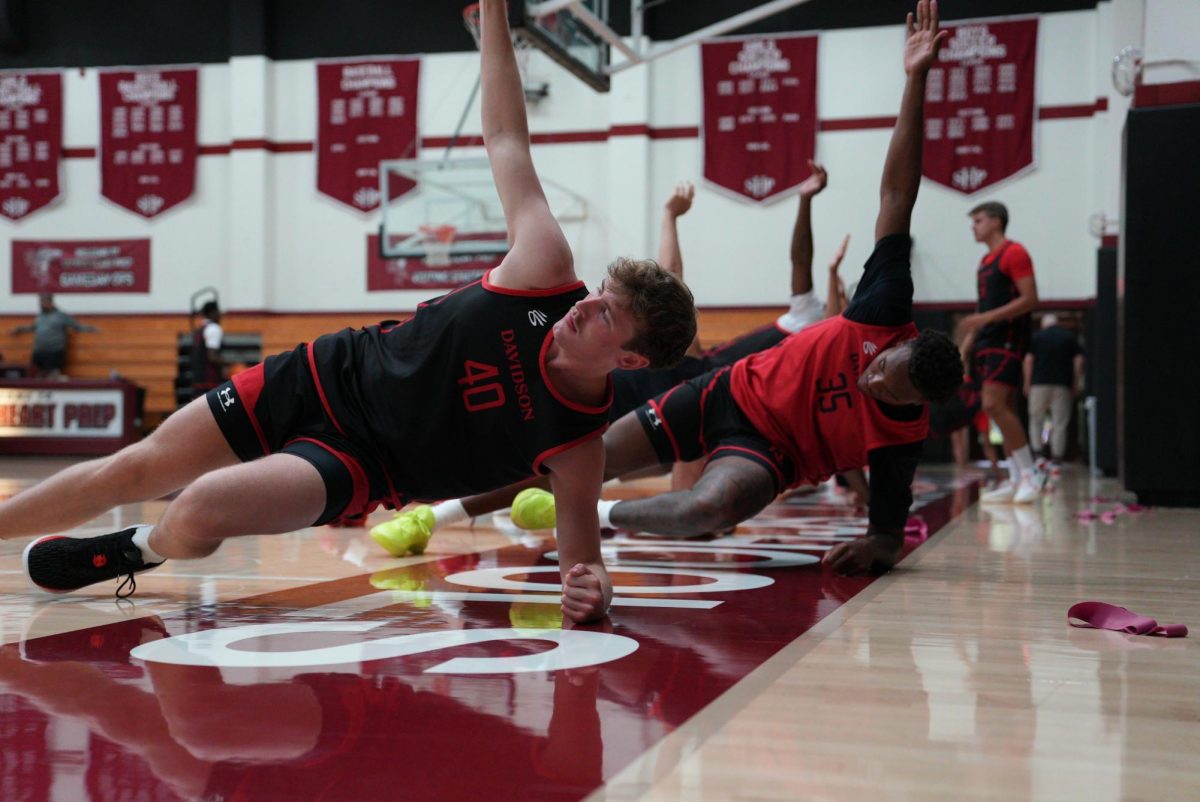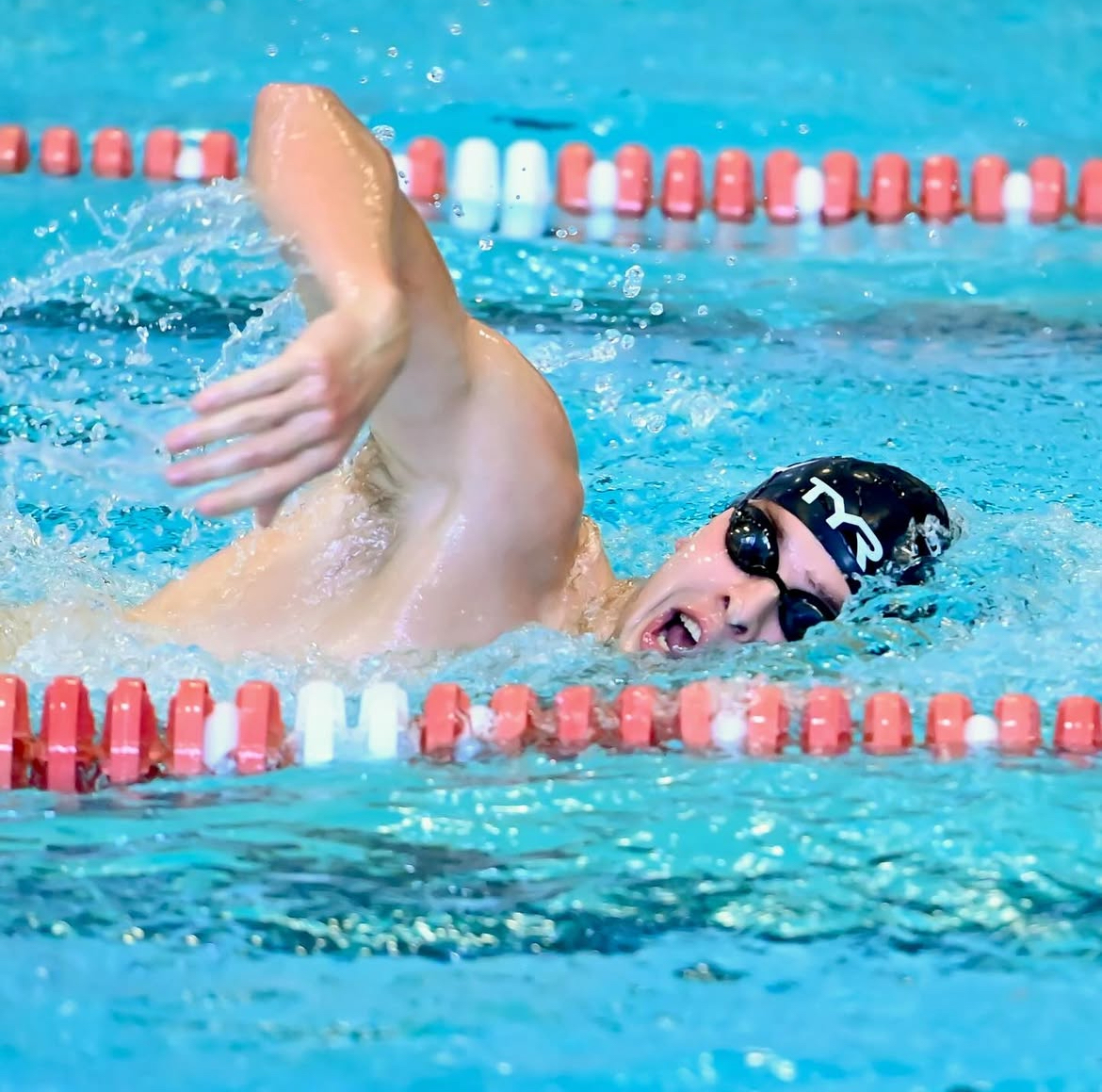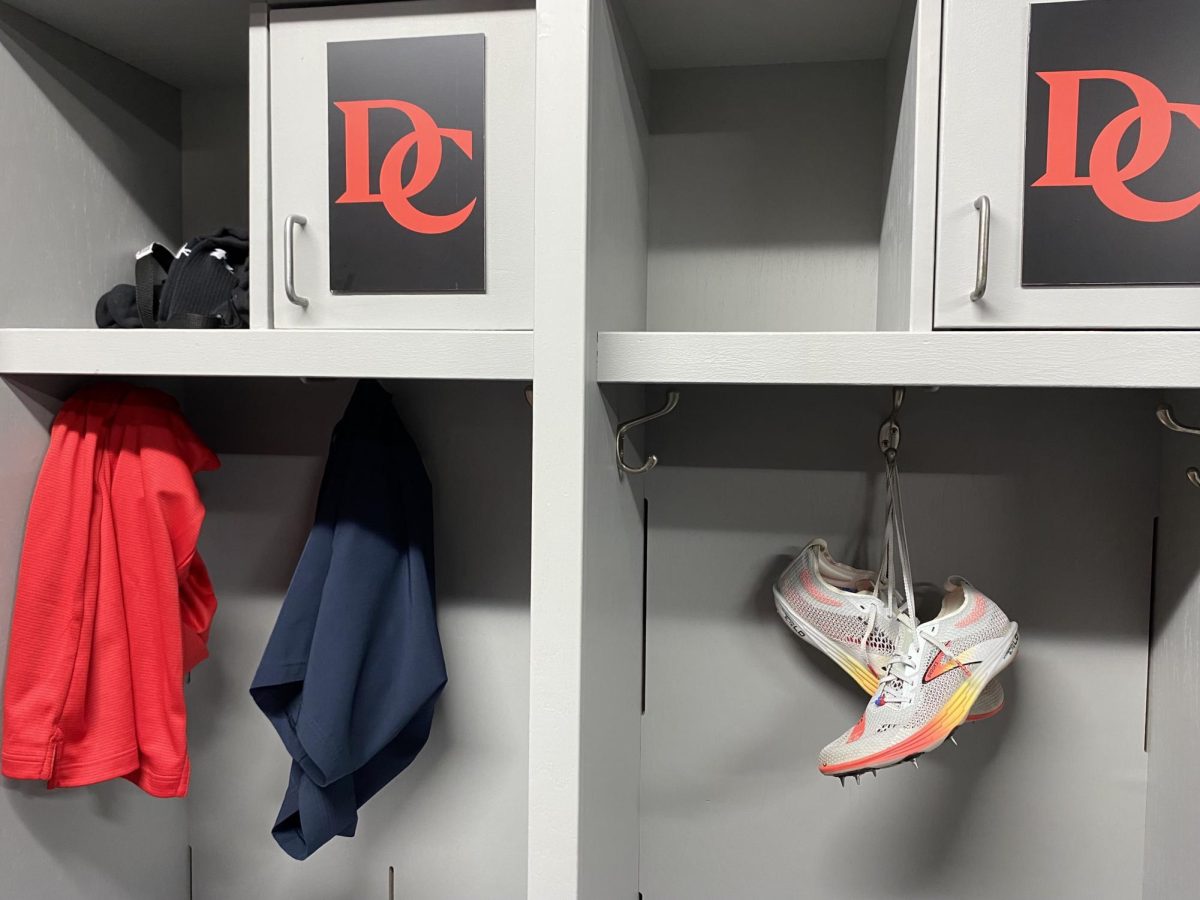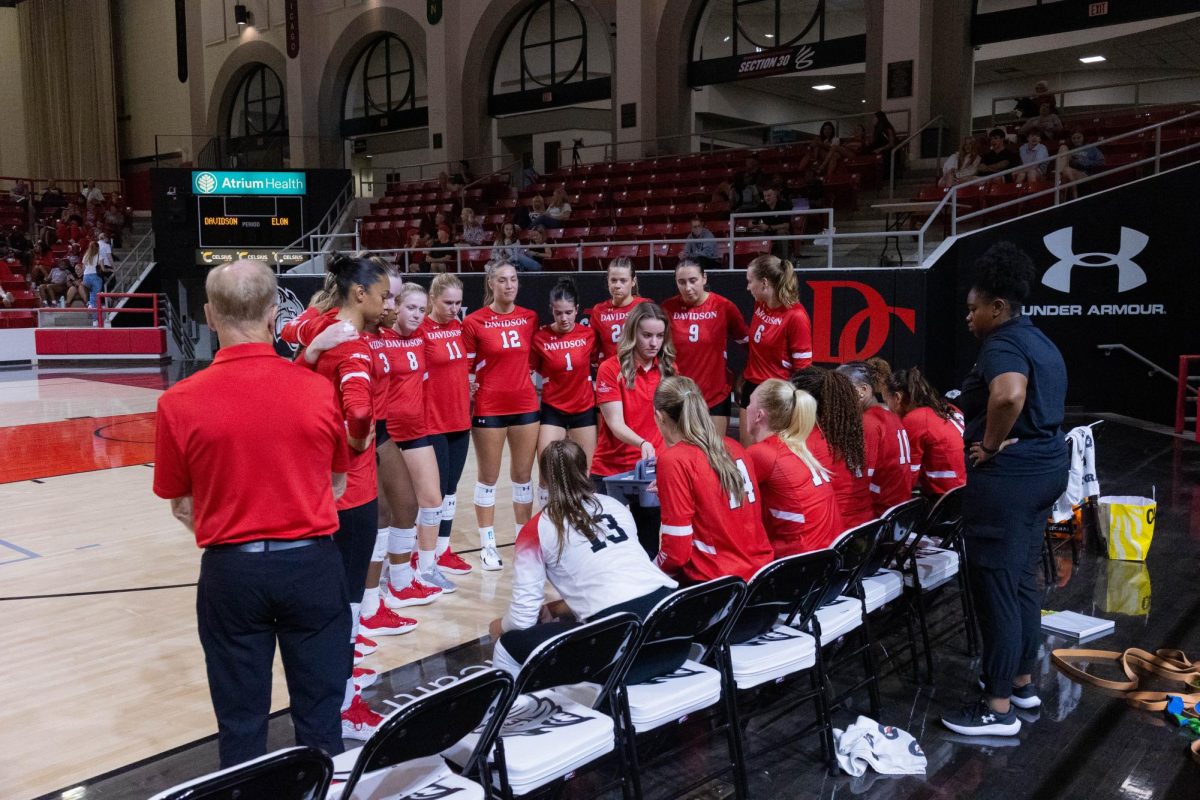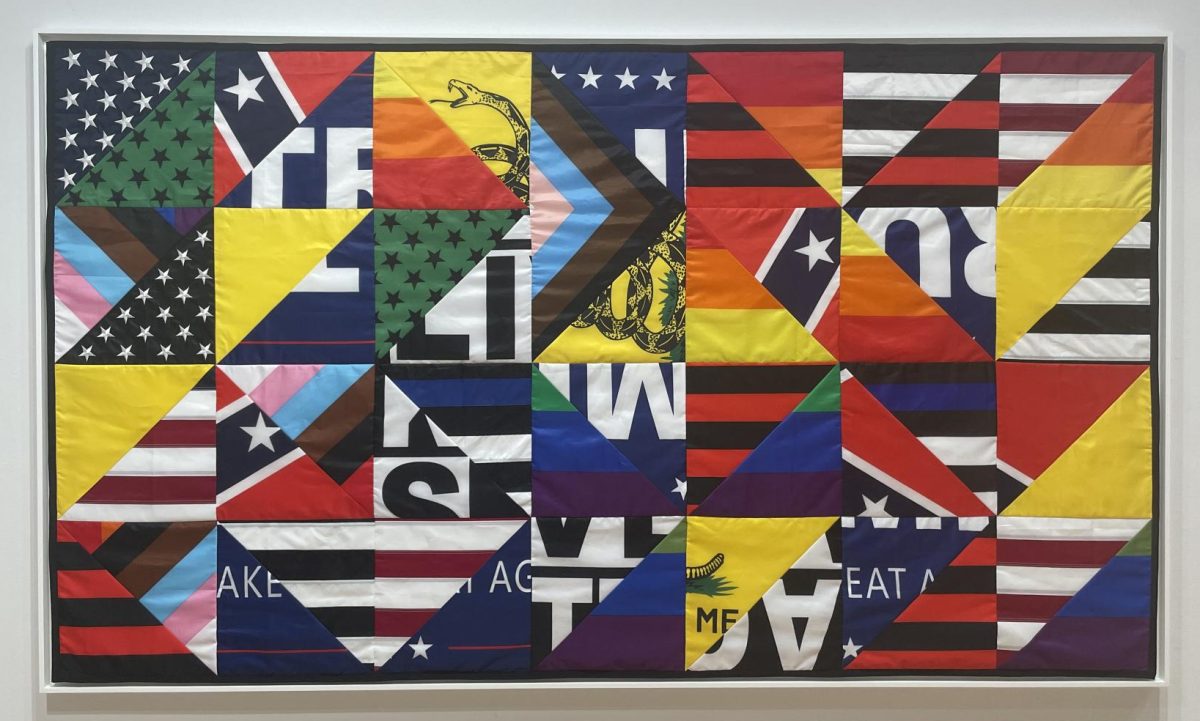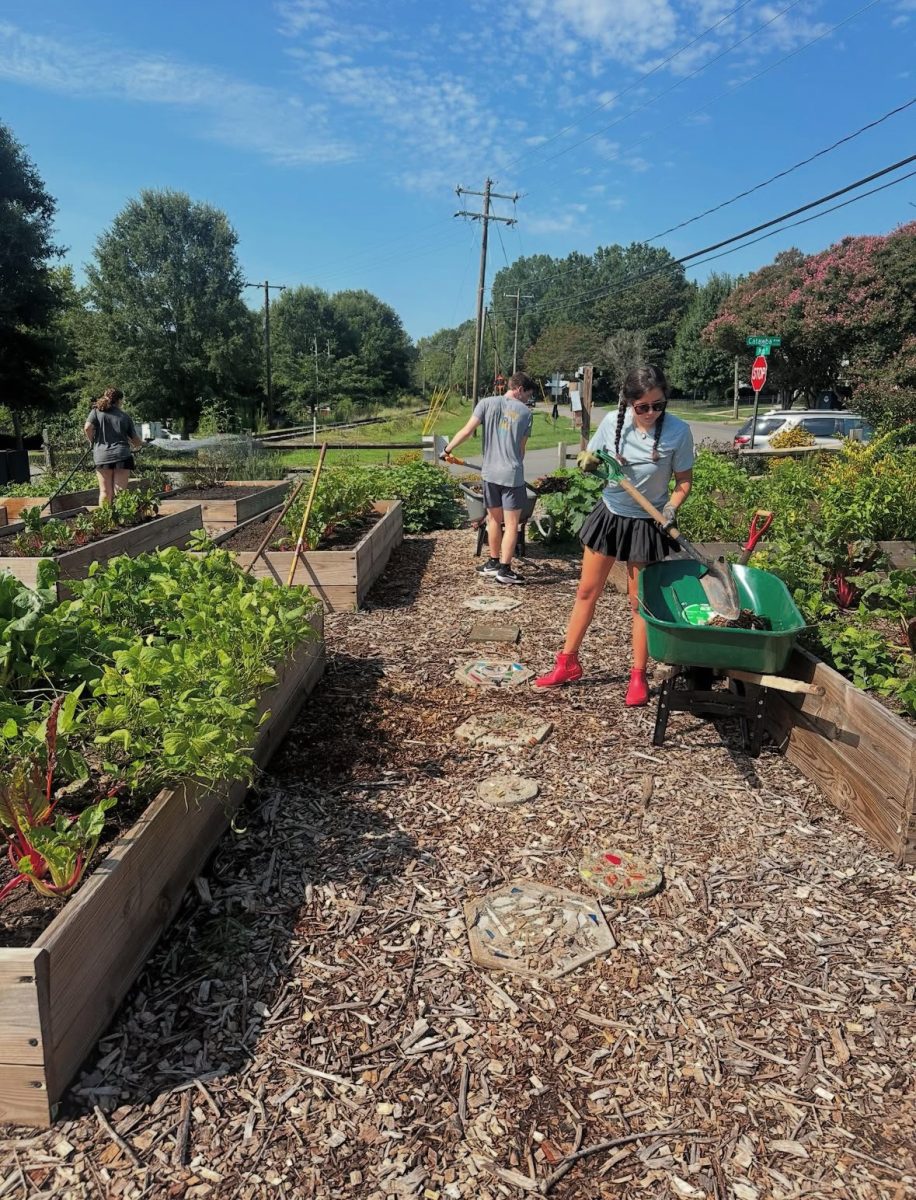Davidson women’s basketball player Emilie Bessell ‘28 struggled during her adjustment to life as a collegiate student-athlete. Bessell asked herself, “if I’m having these problems, what problems are other student-athletes facing?”
Bessell’s teammate Jasmine Timmerson ‘27 is wrapping up her first year as a transfer student at Davidson. Like Bessell, Timmerson faced similar challenges. “[My previous school] was a pretty negative experience,” Timmerson said. “My teammates and I were pretty unhappy at my last school, but, even at Davidson, a program that’s better in every category, people were still struggling with their own personal things.”
Bessell and Timmerson realized that something needed to be done about student-athlete mental health and decided to address it. “We put our brains together and said, ‘what could we do for this?’” Bessell explained. Together, the duo came up with SportSpark: an app aimed at supporting collegiate athletes beyond their sport.
“SportSpark is an app that supports the mental health and well-being of college athletes. That’s our one-liner for it,” Bessell stated.
Bessell and Timmerson took their idea to the Jay Hurt Hub for Innovation and Entrepreneurship. “The Hurt Hub has been really helpful,” Bessell said. “They suggested that we survey people, so we started with our team to hear what their mental health issues and concerns are, and then we extended that survey and sent it to schools across America. About 200 people responded to the survey.”
The feedback confirmed Bessell and Timmerson’s belief that student-athletes deal with more than what they display on the surface. Among the issues that came up in the feedback were performance and workload-induced stress and anxiety, as well as depression. Bessell and Timmerson additionally sought input from student-athletes as to what they envisioned for an app like SportSpark. “We already had an idea that we wanted to connect student-athletes from across the country, but then just hearing the thoughts of those who took the survey gave us some other things that we hope to implement later on,” Bessell said. “They’re our target market for who’s going to use the app. We wanted to hear directly from them.”
Once they had their ideas sorted out, Bessell and Timmerson were ready to get to work on making the app. There was just one issue. “Neither of us can code,” Timmerson admitted. “We used the company of a family friend, and they are essentially building an app for us. They’re making our original ideas come to life. It’s really cool.”
This help has allowed the creators to incorporate all aspects of their designs. “We just tell them what we want and draw up what we want it to look like, and they just do it so well,” Bessell exclaimed. “It’s literally image-to-app, exactly how I imagined it. It’s crazy.”
Bessell and Timmerson discussed the importance of an app like SportSpark.
“Student-athletes—we’re so busy,” Bessell remarked. “Not everyone has time to go to therapy. Not everyone wants to go to therapy. Student-athletes just want to feel seen and heard without the fear of judgement that might come from talking to their teammates. Having a space where student-athletes can know that they’re supported by others is really important, and it’s not something that everyone currently has.”
Bessell went on to provide a hypothetical for when SportSpark might be useful. “Say your team just won and you didn’t play. You can hardly bring that into the locker room—that’s just going to create negative energy. So then who do you go to [in order to] talk to about that? Through the app, we’ll have an anonymous chat [with other app users] that allows athletes to voice their concerns or other issues that they’re going through.”
“We’re super lucky here that we are super close to the team and get along, but that isn’t the case everywhere,” Timmerson continued. “There are student-athletes who aren’t friends with their teammates and whose coaches aren’t supportive. They don’t feel comfortable talking about their mental health and what they might be struggling with. The idea of SportSpark is to find a community that you can speak freely in without fear of judgement or the stigma that student-athletes most commonly face.”
In an interview with The Davidsonian, Timmerson cited a statistic from a study done by the University of Michigan School of Public Health, which found that 33% of all college students experience significant symptoms of anxiety and depression, among other mental health conditions. 30% of those students seek help; however, only 10% of those who are student-athletes seek help. “We’re trying to make it easy for student-athletes to ask for help in a way that’s discrete and private, but that also provides a community to connect with.”
Bessell offered her message to student athletes-struggling with their mental health: “everyone is facing similar issues, regardless of whether they’re showing it or hiding it.”
Timmerson echoed this sentiment: “You don’t have to be afraid to speak about mental health. It may feel like you’re fighting those battles alone, but you’re not. Sharing your struggle is empowering to others, and, together, we can end the stigma.”
This week, Bessell and Timmerson will be testing their beta version of SportSpark. An email will go out to Davidson students explaining how to download the beta test flight. They are open to feedback about areas for improvement as they seek to create a uniquely safe space for collegiate student-athletes.


